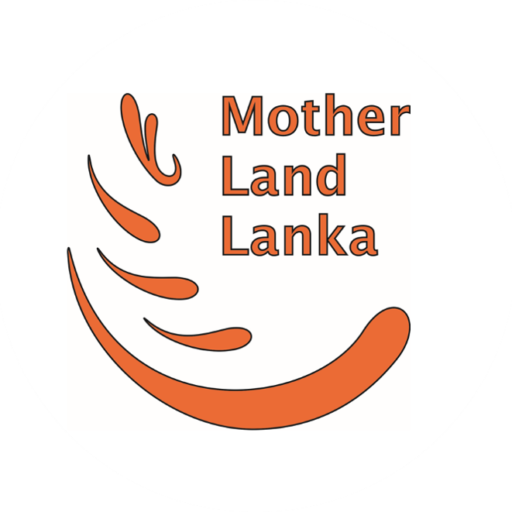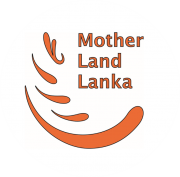Social Business
The term “social business” was established by M. Yunus (2010), and he defined it as a business to solve a social problem. Then, why do we need to conduct social business as NPO?
 Business as a tool for peacebuilding
Business as a tool for peacebuilding
MLL believe that business has a role to play in promoting mutual help in communities.
Sri Lanka has a diverse range of ethnic and religious-based identity groups. The protracted civil war could make clear boundaries between the identity groups. For the postwar period of Sri Lanka, it is necessary to cooperate with each other beyond the differences of identity groups and co-create sustainable peace altogether.
Business should overcome ethnic and religious differences and be of common value to both sides. If an armed conflict occurs, it is impossible to continue any business and is not suitable for everyone. Instead, the armed conflict would be sure to bring uncountable disadvantages to all people in the conflict-affected areas. In contrast, when we share advantages and profits produced by a business with many people in a community, the business will be a common value for the community. To protect the business as a common property of the community, it is necessary to understand each other properly and help each other across ethnic and religious differences.
The new forms of Businesses, which never be occupied by a specific identity group but should be shared among all of the groups, are crucial to connect the divided communities through protracted civil war. Therefore, MLL believe that community-based social business has the power to promote peace.
 Business as a factor to create sustainability of the activity
Business as a factor to create sustainability of the activity
MLL believe that business plays a significant role in supporting the sustainability of projects.
Recently, NGOs and NPOs have been required to have a business perspective to ensure their projects’ sustainability. The conventional NGOs and NPOs tended to rely on grants that governments or charitable foundations as sponsors support their charity activities. Supposed that the duration of grants or the donations is expired, NGOs and NPOs cannot sustain their projects even if the projects contribute to society and save many people.
In reality, NGO and NPO activities could cause a catastrophic situation to society if the officers suddenly cease their projects for the financial problems. The projects’ conclusion can lead people who have been receiving the projects’ benefits to unpeaceful circumstances again because they entirely rely on NGO and NPO support. Even the local staff employed by the NGO or the NPO could lose their job simultaneously.
Most importantly, NGOs and NPOs are required to resolve social problems and sustain our project to protect the local people’s lives once they engage in. MLL strongly believe that social businesses based on a community can create the activity’s sustainability.
 Business as a promoter to make a partnership
Business as a promoter to make a partnership
We believe that social businesses have promoters to make a partnership.
Businesses can change the conventional structure of international cooperation. The traditional NGO and NPO activities made an effort to transform the donor-recipient structure into more sustainable relationships; however, they tended to render the donor-recipient structure. The donor-recipient structure is efficient in a short-term project. Still, it can not be sustained in a long-term project because of the financial problem. The donor-recipient system could also be sure to mitigate the motivation of the recipient. In our work, MLL value the ‘local ownership’ of the people we work with and support them to become independent from our activities. Businesses can promote close partnership between NGOs or NPOs and the locally participating people.
Besides, businesses can also build another social bond between the locally participating people and others. MLL expect to share the profits produced by the MLL activities with other different projects, such as scholarship projects and disaster relief projects. Such a social business can provide advantages for the project-operating people and others who do not directly participate in the MLL activities. MLL strongly believe that social businesses can promote to make a partnership among people.
Mother Land Lanka
20/8 PANDIWATTE ROAD, NATTARANPOTHA, KANDY, SRI LANKA
E-mail: motherlandlanka.org[at]gmail.com

